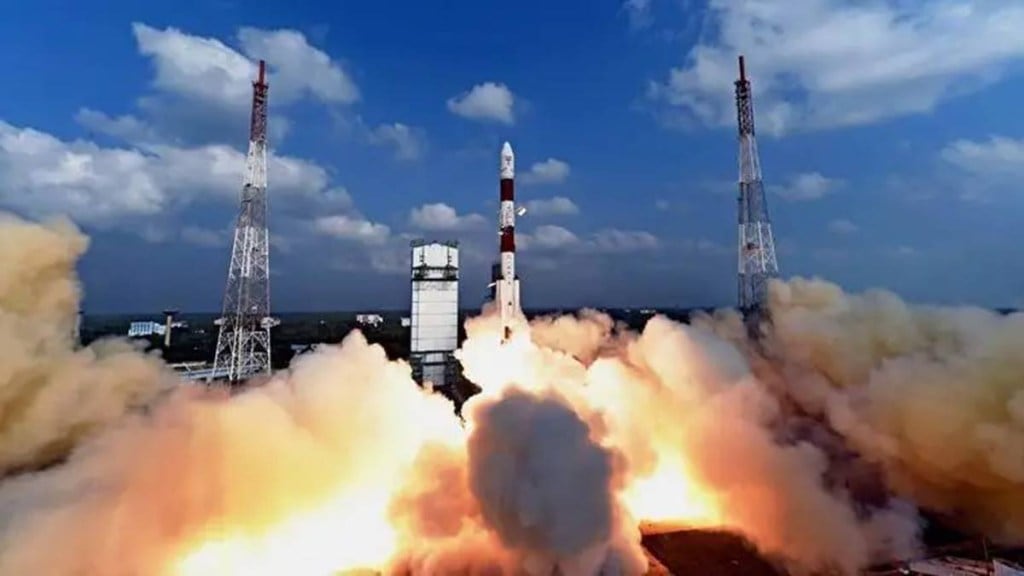India and Australia are stepping into a new era of space exploration and innovation, with the PRISM 2.0 initiative playing a pivotal role in unlocking opportunities for both nations. At the PRISM 2.0 webinar on Thursday (Feb 20, 2025), the focus was on regulatory alignment and developing pathways to boost trade in satellite hardware, ground stations, software services, and more.
The experts addressed three key areas: export controls, bilateral research and development (R&D) investments, and intellectual property protections. As both nations deepen their cooperation, these areas are central to eliminating trade barriers and paving the way for greater cross-border partnerships.
Outcomes
One of the most significant outcomes from PRISM 2.0 was the strong focus on space mission support. Australia has played an instrumental role in supporting India’s ambitious Gaganyaan mission, particularly through its Cocos (Keeling) Islands ground station, where critical tracking and astronaut recovery operations are conducted. This cooperation underscores the growing importance of India-Australia space collaboration, especially in terms of mission safety and contingency planning. Australia’s commitment to supporting India’s astronaut recovery operations further highlights the depth of this strategic partnership.
On a larger scale, both countries are seeing rapid growth in their respective space industries. India’s space industry, currently valued at $8.6 billion, is expected to grow at a 16% compound annual growth rate (CAGR), reaching $44 billion by 2033. The Indian space-tech startup ecosystem, in particular, has seen exponential growth, with over 190 startups attracting substantial private investment in 2023.
On the other hand, Australia’s space sector has grown steadily at 7% annually, expanding its workforce by 30% in the last five years. This growth has contributed to a workforce of over 17,000 professionals spread across more than 600 organizations.
India’s advancements in space exploration, combined with Australia’s geographical advantage for equatorial and polar launches, position both countries to drive innovation and expand opportunities for their flourishing space-tech ecosystems. As part of the Economic Cooperation and Trade Agreement (ECTA), over 96% of Indian exports to Australia now enjoy preferential access, providing a significant boost to bilateral trade in space technologies.
The webinar a joint effort by Space Industry Association of India (SIA-India) and Space Industry Association of Australia (SIA-Australia), is a milestone in advancing the strategic collaboration between the two countries, particularly in the space and dual-use sectors. And brought together industry leaders, policymakers, and startups to discuss critical regulatory challenges and to foster an environment conducive to collaboration.
Both countries recognize that strengthening space collaboration requires enhanced frameworks for risk management and investment flows. Discussions during PRISM 2.0 underlined the importance of Foreign Direct Investment (FDI) liberalization to facilitate national security space initiatives and build stronger contractual agreements. The need for harmonizing intellectual property laws, mutual certification frameworks, and dispute resolution mechanisms is essential to streamline cross-border business ventures.
Additionally, significant investment opportunities were discussed at the event, including initiatives like the Space Maitri Program, Australia-India Business Exchange, and the $18 million investment in collaborative space projects through the International Space Investment (ISI) Initiative India Project. These programs serve as a proof to the growing commitment of both governments to fostering long-term space cooperation.
The webinar also shed light on the strategic significance of the India-Australia space relationship. This partnership, fortified by agreements such as the Comprehensive Strategic Partnership (CSP) in 2020 and the India-Australia ECTA in 2022, was further solidified through an MoU signed between the Australian Space Agency and the Indian Space Research Organisation (ISRO) in 2021. The two nations continue to engage in discussions at high-level forums like the Bengaluru Space Expo 2024, where government and industry leaders explore actionable solutions to streamline collaboration.
And it also set the stage for future dialogues, with plans to expand the webinar series to include other countries like Japan, France, and Germany, culminating in a QUAD-focused event at the India Space Congress 2025.
As India and Australia continue to deepen their strategic partnership, particularly in the space sector, the PRISM 2.0 initiative has emerged as a key catalyst for change. By addressing regulatory challenges, unlocking trade potential, and supporting innovative R&D, both countries are poised to accelerate their respective space ambitions and create new opportunities in the growing global space economy.

